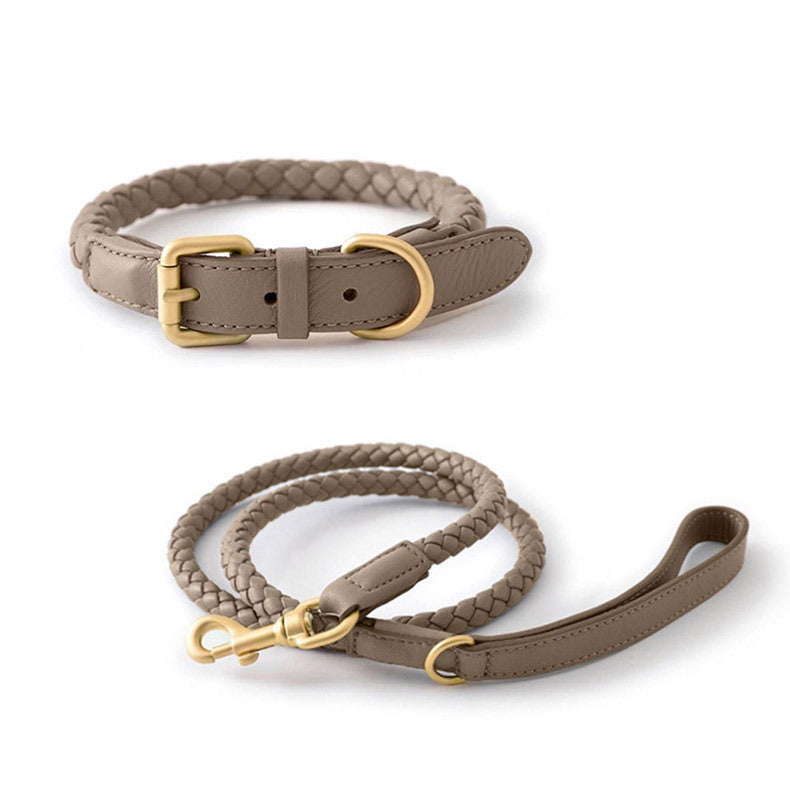
Can Dogs Eat Shrimp
Share
Ever gaze into your dog's pleading eyes and hesitate to share your meal? This well-intentioned love could silently plant health hazards. Canine digestive systems function entirely differently than humans'. Their sensitive livers and kidneys can't process common "treats" like ours. One seemingly innocent snack, a fallen grape, or xylitol-containing gum can immediately endanger your beloved companion with dog poisoning, kidney failure, or fatal toxicity!
As their sole guardians, our food choices directly determine their dog lifespan and pet wellness. Does this profound duty stir anxiety? Do you ponder before diverse foods: Can dogs eat apples? Is shrimp safe for dogs? Are nuts toxic to dogs? This uncertainty about "safe human foods for dogs" versus "toxic foods for dogs" is the blade hanging over every responsible pet owner.
Knowing what dogs can eat versus poisonous substances isn't overreaction—it's essential for protecting their vitality. Let's cut through confusion and clarify these life-or-death pet food safety boundaries.
can dogs eat shrimp
Healthy dogs can consume moderate portions of fully-cooked shrimp, but require strict safety compliance. Shrimp provides high-value protein for canines (20g/100g), phosphorus, zinc, magnesium and vitamin B12 benefits, supporting muscle development. Its natural astaxanthin antioxidant enhances joint/skin health in senior dogs.
4 Non-Negotiable Safety Steps
Complete shell/head/tail removal
Shrimp shells contain indigestible chitin - high intestinal blockage risk especially in small breed dogs. Heads accumulate heavy metal contaminants.
100% boiling-water processing
Eliminates Salmonella/Vibrio pathogens. Cook until curled + opaque (3-5 mins). Zero seasonings permitted - onion/garlic powders trigger canine hemolytic anemia.
Strict portion regulation
Maximum dosage: ≤2 medium shrimp weekly per 10kg bodyweight (≈10g). Excess causes vitamin B3 toxicity diarrhea or renal stress from phosphorus overload.
Mandatory allergy screening
Initial feeding: fingernail-sized quantity. Monitor 24hrs for dog food allergy signs: lip swelling, pruritus, emesis. Discontinue + seek urgent vet care if reactions occur (shrimp = top canine allergen).
Critical Prohibitions
- Remove digestive tract (vein) Harbors pathogenic bacteria/toxins
- Ban processed variants: Salted dried shrimp exceeds 150% canine sodium RDI; fried tempura contains dangerous fat levels
- Renal disease dogs: High phosphorus accelerates kidney dysfunction progression
Essential Safety Notes
- Strictly supplemental treat - never substitutes complete dog food
- Premium kibble contains sufficient Omega-3 fatty acids - shrimp unnecessary
- Emergency veterinary intervention required for histamine toxicity symptoms (vomiting/ataxia) from aged shrimp
Healthy dogs may consume minimal portions of fully-cooked shrimp under strict safety protocols requiring mandatory removal of shells, heads, and digestive tracts followed by boil-water processing for 3-5 minutes with zero seasonings. The weekly feeding limit must not exceed 2 medium shrimp (~10g) per 10kg body weight, with mandatory 24-hour post-feeding monitoring for allergy symptoms.
Critical warnings include shrimp's high phosphorus content (195mg/100g) demanding absolute prohibition for kidney disease dogs, salted/fried variants posing sodium toxicity and pancreatitis risks, and spoiled shrimp causing histamine poisoning neurological damage.
Clinical evidence confirms premium dog kibble provides complete animal protein and Omega-3 fatty acids, eliminating nutritional supplementation needs through shrimp. If incorporated, shrimp must exclusively serve as an occasional supplement (≤1x monthly) without replacing balanced meals. For senior dogs, allergic individuals, or chronic-illness cases, consultation with licensed veterinarians for individualized dietary assessments is essential to mitigate potential health risks.



